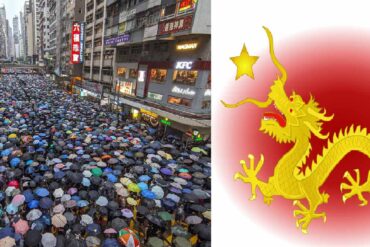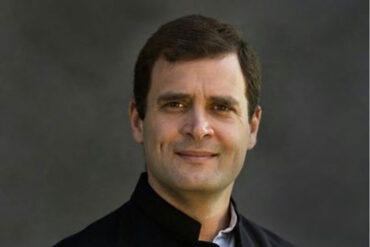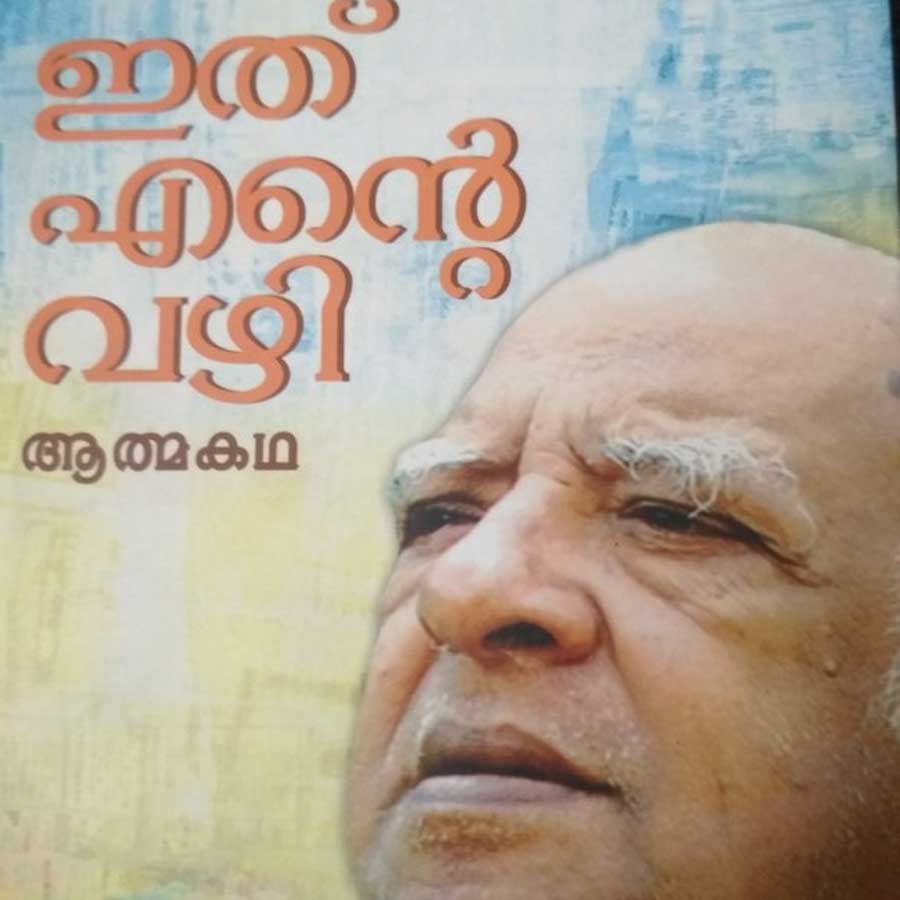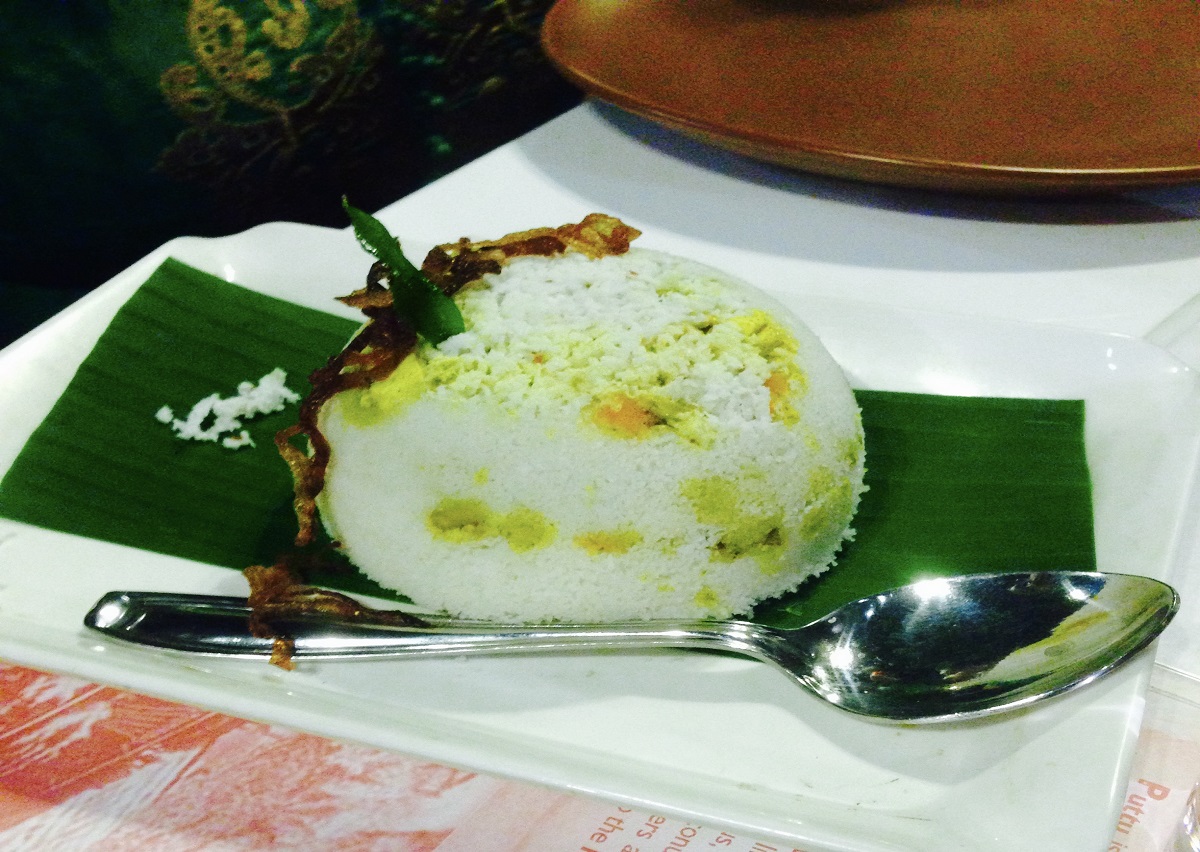The resignation of the former Home Minister of Kerala and stalwart Congress leader P T Chacko from the government headed by R Shankar in 1964 was orchestrated by the rival factions within the Congress party, writes Joseph Pulikunnel, in his autobiography. The late theologian and former Congressman Joseph Pulikunnel’s autobiography was published by DC Books in January 2020, two years after his death in December 2017.
Pulikunnel, then an Executive Committee member of the Kozhikode District Congress Committee (DCC) has revealed that the Sathyagraha undertaken by Congress MLA Prahladan Gopalan on January 30, 1964 in front of the Kerala Legislative Assembly demanding the resignation of Chacko was a result of a conspiracy hatched by the rival Congress group headed by the then Kerala Pradesh Congress Committee (KPCC) President C K Govindan Nair.
P T Chacko was on his way to Peechi when his car knocked at a hand cart at East Fort in Trissur. However, he continued his journey without realising the small accident in the commotion of a church procession. Meanwhile, some onlookers had noticed Chacko in the car with a woman seated at the back. The news spread soon and some local Congress leaders went to Peechi and informed Chacko of the incident and, it was only then that Chacko came to know of the incident.
Meanwhile, in a bid to save Chacko, Congress leaders claimed that it was in fact Chacko’s wife that was in the car and the mainstream newspapers carried that version. However, the Thozhilali newspaper edited by Fr Joseph Vadakkan, a political figure who was in the forefront of the Vimochana Samaram (Liberation struggle) and was now warming up to the Communist Party following the Congress’ and Chacko’s snubbing of the Catholic Church, carried out an investigation and found that it was not Chacko’s wife in the car and the Trissur-based daily carried a front page editorial scandalising the incident.
The Communist Party mouthpiece Deshabhimani carried it only after Thozhilali reported the incident, which soon snowballed into a huge controversy. The news stirred a hornet’s nest and the issue of a powerful politician like Chacko being seen with a woman tickled the conservative Kerala society of the sixties. The Communist Party was up in arms demanding the resignation of Chacko. Later, a woman Congress leader, Padmam S Menon was identified as the person with Chacko in the car.
According to Pulikunnel, Chacko had arrived at the Aluva Palace to go through some government files only to change plans upon realising that a Praja Socialist Party (PSP) meeting was going on at the venue. Chacko, whose passion for driving was well-known, decided to drive to the government guest house in Peechi instead and agreed to give a lift to Trissur DCC member Padmam S Menon, who met him on his way out.
Pulikunnel also recalls an incident in which C K Govindan Nair (CKG) unwittingly revealed his role in the hatching of the conspiracy that led to the resignation of Chacko sometime in 1964. “After the resignation of P T Chacko, some Congress leaders and I were heading towards Kozhikode in a Jeep. However, there was a break down and CK Govindan Nair, who was passing by on his way to Kozhikode, noticed the Congress flag on our jeep and stopped his car and gave us a lift. In the course of the conversation inside the car, CKG said, “We wanted to catch hold of the other one (R Shankar)…the person who fell in that trap was poor P T Chacko. CKG’s hand was pressed by his follower and he didn’t speak anything more”, Pulikunnel writes in his book.
Pulikunnel further adds that the conspiracy against the then R Shankar Ministry happened at two different levels. “First, on the basis of group/factions–“It was the desire of C M Stephen, harbouring chief ministerial aspirations, to undercut the Shankar-Chacko axis. The C K Govindan Nair faction, which was dominant in the Malabar region, aligned with Stephen against their common foes. The next factor was financial. If the land policy bill presented by P T Chacko in the assembly as revenue minister was implemented, many among the then MLAs might have lost their property. It was their need that the ministry was destabilized”, Pulikunnel contends.
Post the controversy, Chacko had to quit on February 20, 1964 following the diktat of Congress President K Kamaraj that Shankar seek Chacko’s resignation. This also led to the falling out of Shankar and Chacko who enjoyed a great camaraderie until then. On 1 August 1964, Chacko succumbed to heart attack at the age forty nine and it triggered the collapse of Shankar ministry when 15 legislators of the Congress loyal to Chacko backed a no-confidence motion against R Shankar moved by Socialist Party’s P K Kunju.
A number of disenchanted Congress MLAs and leaders, who were aggrieved by the way Chacko and his loyalists were sidelined by C M Stephen who emerged as the power centre following the incidents, organized themselves to form the ‘Kerala Congress’. Incidentally, C K Govindan Nair too passed away within four months of Chacko’s resignation in 1964.
Pulikunnel had first raised the conspiracy angle in a small booklet titled Kerala Congress-inte sthapaka charithram published long-time ago. Pulukunnel’s revelation in his autobiography Ithu ente vazhi (This is my path) that the conspiracy was orchestrated by the Congress leaders of the period to oust P T Chacko may provoke further discussions on that line with factions still dominating the Congress party in Kerala and its offshoot, Kerala Congress.
Edited by Anand Kochukudy







